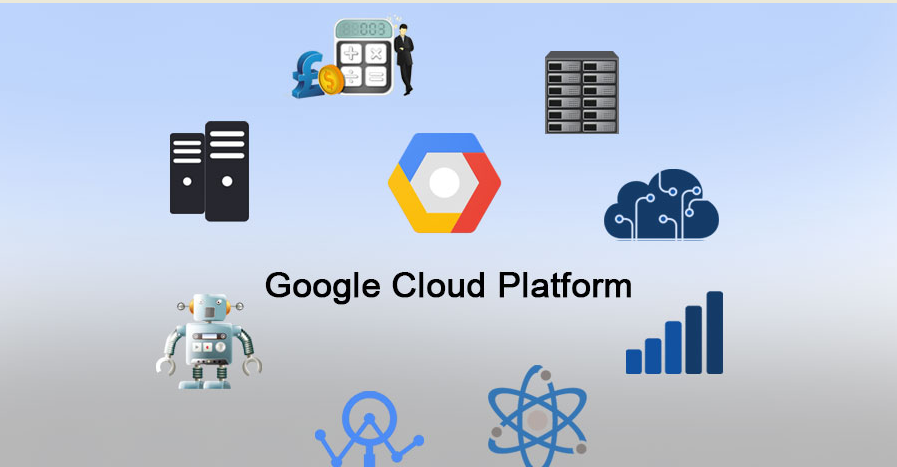- What is Google Cloud?
let’s start with a quick discussion about what is google cloud
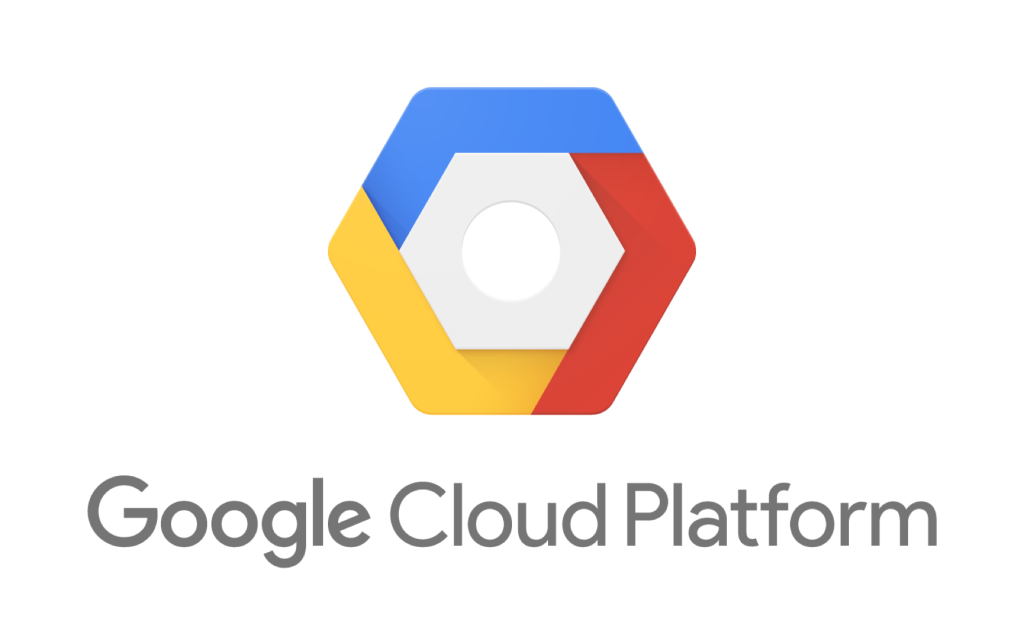
Google Cloud Platform (GCP), offered by Google, is a suite of cloud computing services that runs on the same infrastructure that Google uses internally for its end-user products, such as Google Search, Gmail, Google Drive, and YouTube.Alongside a set of management tools, it provides a series of modular cloud services including computing, data storage, data analytics, and machine learning. Registration requires credit card or bank account details.
What is the use of Google Cloud?
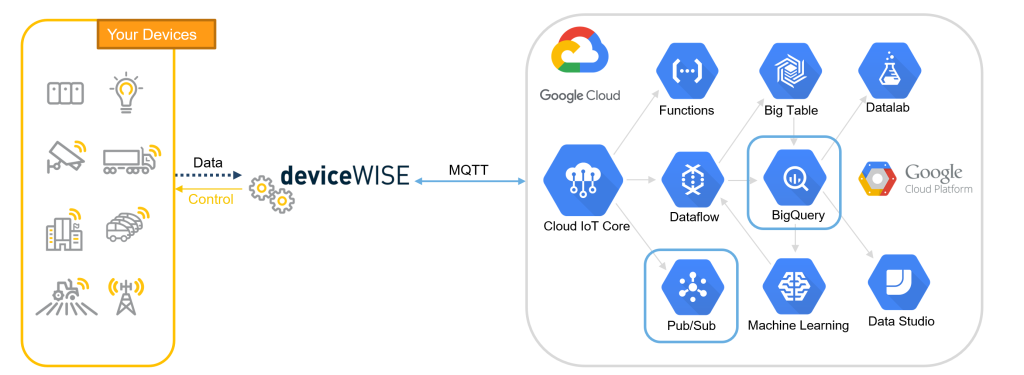
There are numerous Uses of (GCP) Here you will Find out 7main uses of it:
- Infrastructure-as-a-Service (IaaS) and Platform-as-a-Service (PaaS);
Infrastructure-as-a-Service (IaaS) delivers fundamental compute, network, and storage resources to consumers on-demand, over the internet, and on a pay-as-you-go basis. Using an existing infrastructure on a pay-per-use scheme seems to be an obvious choice for companies saving on the cost of investing to acquire, manage, and maintain an IT infrastructure.
Platform-as-a-Service (PaaS) provides customers a complete platform—hardware, software, and infrastructure—for developing, running, and managing applications without the cost, complexity, and inflexibility of building and maintaining that platform on-premises. Organizations may turn to PaaS for the same reasons they look to IaaS, while also seeking to increase the speed of development on a ready-to-use platform to deploy applications.
2. Hybrid cloud and multi-cloud
A hybrid cloud is a computing environment that connects a company’s on-premises private cloud services and third-party public cloud into a single, flexible infrastructure for running the organization’s applications and workloads. This unique mix of public and private cloud resources provides an organization the luxury of selecting the optimal cloud for each application or workload and moving workloads freely between the two clouds as circumstances change. Technical and business objectives are fulfilled more effectively and cost-efficiently than could be with public or private cloud alone.
Multicloud takes things a step further and allows you to use two or more clouds from different cloud providers. This can be any mix of Infrastructure, Platform, or Software as a Service (IaaS, PaaS, or SaaS). With multi-cloud, you can decide which workload is best suited to which cloud-based on your unique requirements, and you are also able to avoid vendor lock-in.
3. Test and development
One of the best scenarios for the use of a cloud is a test and development environment. This entails securing a budget and setting up your environment through physical assets, significant manpower, and time. Then comes the installation and configuration of your platform. All this can often extend the time it takes for a project to be completed and stretch your milestones.
With cloud computing, there are now readily available environments tailored for your needs at your fingertips. This often combines but is not limited to, automated provisioning of physical and virtualized resources.
4. Big data analytics
One of the aspects offered by leveraging cloud computing is the ability to use big data analytics to tap into vast quantities of both structured and unstructured data to harness the benefit of extracting business value.
Retailers and suppliers are now extracting information derived from consumers’ buying patterns to target their advertising and marketing campaigns to a particular segment of the population. Social networking platforms are now providing the basis for analytics on behavioral patterns that organizations are using to derive meaningful information.
5. Cloud storage
Cloud can offer you the possibility of storing your files and accessing, storing and retrieving them from any web-enabled interface. The web services interfaces are usually simple. At any time and place, you have high availability, speed, scalability, and security for your environment. In this scenario, organizations are only paying for the amount of cloud storage they are actually consuming, and do so without the worries of overseeing the daily maintenance of the storage infrastructure.
There is also the possibility to store the data either on- or off-premises depending on the regulatory compliance requirements. Data is stored in virtualized pools of storage hosted by a third party based on the customer specification requirements.
6. Disaster recovery
Yet another benefit derived from using the cloud is the cost-effectiveness of a disaster recovery (DR) solution that provides for faster recovery from a mesh of different physical locations at a much lower cost than the traditional DR site with fixed assets, rigid procedures, and a much higher cost.
7. Data backup
Backing up data has always been a complex and time-consuming operation. This included maintaining a set of tapes or drives, manually collecting them, and dispatching them to a backup facility with all the inherent problems that might happen in between the originating and the backup site. This way of ensuring a backup is performed is not immune to problems (such as running out of backup media), and there is also the time it takes to load the backup devices for a restore operation, which takes time and is prone to malfunctions and human errors.
Cloud-based backup, while not being the panacea, is certainly a far cry from what it used to be. You can now automatically dispatch data to any location across the wire with the assurance that neither security, availability nor capacity issues.
While the list of the above uses of cloud computing is not exhaustive, it certainly gives an incentive to use the cloud when compared to more traditional alternatives to increase IT infrastructure flexibility, as well as leverage big data analytics and mobile computing.
- Comparing Google Cloud Certification Vs Azure Certification Vs AWS Certification
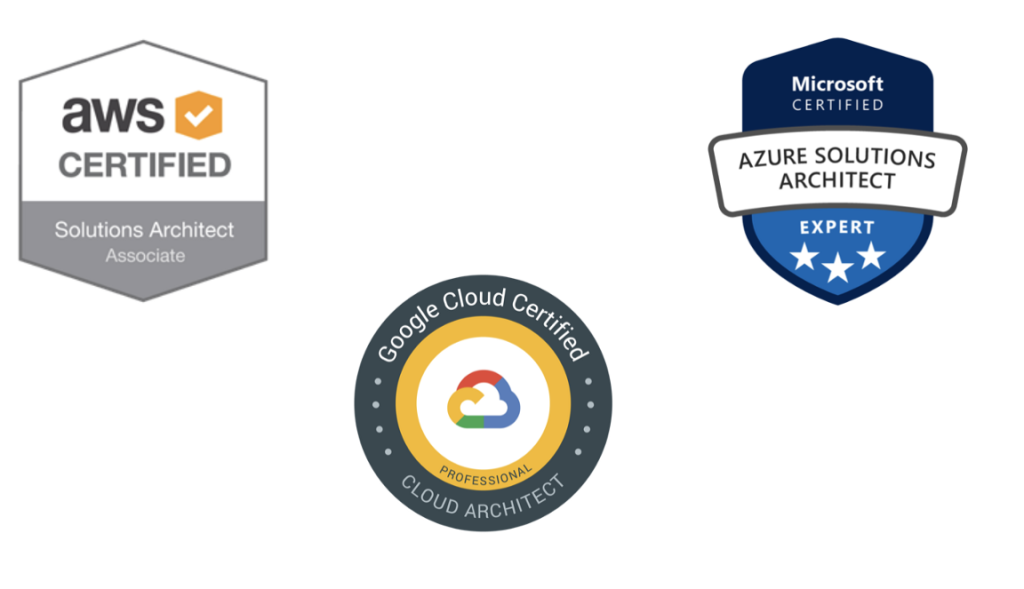
Amazon Web Services (AWS)
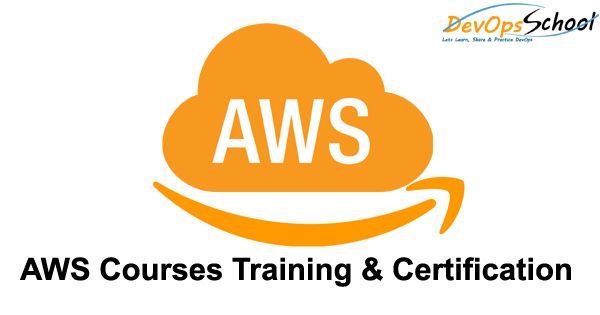
AWS is the most widely used cloud platform globally, having more than a decade of experience with an expansive range of services tailored for different use cases. AWS is currently at the top of the food chain, holding the world’s largest public cloud market share. It has been around since 2006 and was the first to offer infrastructure services through the Internet. That being said, AWS has the advantage of having the most evolved technologies in terms of support and functionality.
Pros
- Leading Cloud Innovator
- Broad Global Presence
- Mature and Feature-riched Cloud Technologies
- Good Documentations Of Services
- Extensive Training Materials
Cons
- Complex Billing System
Notable Companies that use AWS
- Netflix
- Airbnb
- Spotify
Why learn AWS?
AWS Certifications are the most sought-after in the cloud industry.
There is more demand for AWS skills when compared to other Cloud Platforms.
AWS is easier to learn if you have no prior Cloud experience as there are more learning materials (blogs, eBooks, video tutorials) that you could find online.
Microsoft Azure
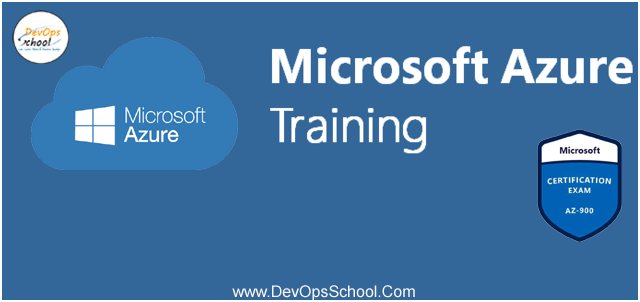
Azure is the second-largest Cloud Service Provider next to AWS. The Azure platform has excellent support for interoperability with data centers (especially with Microsoft’s software integration) making hybrid cloud its major advantage.
Pros
- Offers a familiar environment to native Microsoft users
- Ease of integration with other Microsoft products
- Hybrid cloud
Cons
- Costly pricing models
- Complicated interface
- Poor documentation of services
Notable companies that use Azure
- eBay
- Boeing
- Samsung
Why learn Azure?
- You’ll have a deeper reason to learn Azure if you are an experienced user of Microsoft’s services (Windows Server, SQL Server, .NET, Dynamics Active Directory)
- If you have existing Microsoft Certifications like MCSA: Windows Server 2016, MCSA: Office 365, MCSA: Windows 10, then it is more logical to learn Azure to further solidify your credentials when applying for a Cloud-related job.
- Azure has two certifications (Azure Fundamentals and Azure Administrator Associate) that are included in the 15 top paying IT certifications as reported by Global Knowledge.
Google Cloud Platform (GCP)
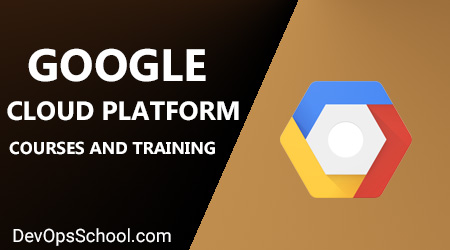
GCP is relatively new to cloud computing. And despite being an underdog, GCP is slowly catching up and becoming a threat to AWS and Azure. Among the three cloud platforms, GCP offers the cheapest pricing model and has flexible cost-control, allowing you to try the different services and features. It is estimated that 1.17 billion people use Google Search. And It is impressive to note how Google handles traffic with that kind of magnitude. One of the main benefits of running your applications in GCP is that you’ll get access to the same resources and tools that power Google.
Pros
- Live Migration Of Virtual Machines
- Cheap Pricing Model
- Broad Toolset for Artificial Intelligence and Machine Learning
- Strong Integration and management of Google’s technologies (Google APIs, Kubernetes)
Cons
- Limited Product Range
- Smaller Global Presence Compared To Other Cloud Platforms
Notable companies that use GCP
- Coca-Cola
- Snapchat
- Ubisoft
Why learn GCP?
- According to Global Knowledge, Google Certified Professional Cloud Architect is the top paying IT certification with an average salary of $175,761.
- Whether you’re a hobbyist or a professional developer who mainly uses Google’s services (Firebase, Google Maps API) in your application, learning GCP would be beneficial to you or your company. GCP provides easy management and monitoring of APIs that are supported by Google by default.
- Despite the limited features and products offered by GCP, it has pretty powerful integration with Google’s open-source technologies like Kubernetes. Kubernetes is a famous orchestration tool for managing containers. Modern applications are usually deployed on controlled containers in the cloud. And if you’re interested in operating Kubernetes, then learning GCP will make you more valuable than learning other cloud providers.
Below is a visual representation of the core services for AWS, Azure, and GCP. You can use this as a reference when studying or working on a specific cloud platform to easily differentiate their respective service counterparts:
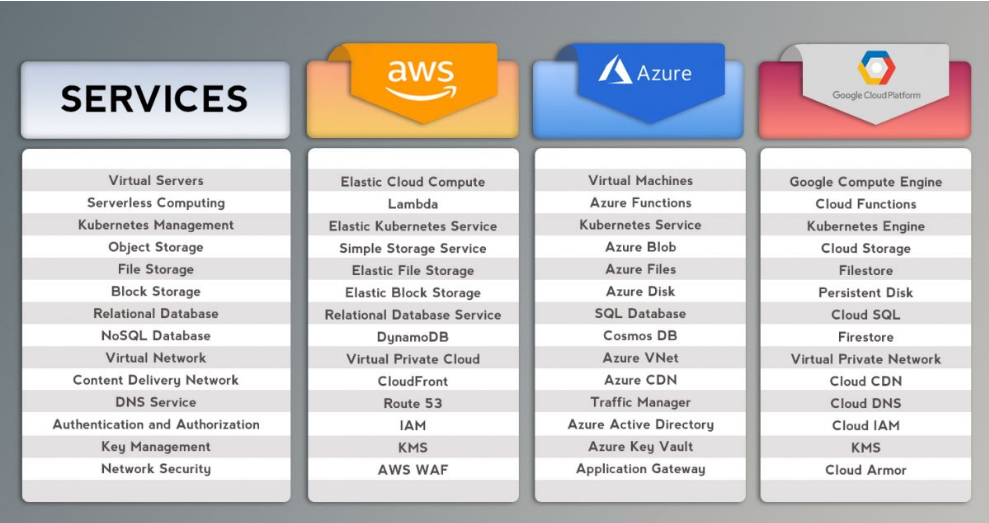
summary of all three:
If you’re fresh out of college or a newbie with no whatsoever background in cloud computing, we recommend learning AWS. AWS has an easy user interface, which makes it attractive for beginners. You’ll also have a better experience in studying AWS as you can find many great tutorials on the Internet on how to use its services. Because AWS is the widely used cloud platform, you’d quickly find online AWS communities and groups that could answer your questions when encountering problems that you don’t understand while doing hands-on exercises.
If you want to enter an entry-level position in a cloud-related job, you’d have a better chance if you choose to learn AWS as more job offerings seek expertise in AWS. And if you are interested in specialized fields like Big Data and Machine learning in the cloud, then consider looking into GCP. If you’re applying for a company that heavily uses Microsoft Services, then chances are you’ll have to learn Azure.
In terms of demands in the job market, AWS and Azure have the upper hand. But high demand isn’t always a good thing. If a particular skill is high in demand, the odds are the competition will also be high. Because GCP is less popular, it has a relatively low market in job postings, which means fewer people compete for a job position. Now, I don’t mean to burst your bubble, but companies won’t hire you out of desperation. They will still need the required competence to perform the job. So, if you have the time and resources to learn the necessary skills in GCP, then you’d have an easier path when looking for a job.
Regardless of the cloud platform that you choose, you should understand the core concepts of the cloud since the fundamentals and principles behind it are not different between cloud providers. Your time and effort will not be wasted whichever you choose to learn as you could still apply your skills and knowledge when switching to a different cloud service provider. Look at the bigger picture. Remember that these are just tools to solve problems. There is not a one size fits all solution to all problems. If your long-term goal is to be an excellent Cloud Consultant, there’s a possibility that you’ll have to learn them all anyway.
What does the Google Cloud certification cost?
Basically, according to me, there are many institutes and training programs that will provide you with many Courses related to (GCP). But the quality of the content and the service provided by DevOpsSchool is far better than any other institute and body. (GCP) The training program will cost You around 20000 By DevOpsSchool which will really help you boost your carrier on the go.
List of Google Cloud Certification Available till yet:
As of December 2021, Google Cloud currently offers 10 certifications:
- Digital Leader.
- Cloud Engineer.
- Cloud Architect.
- Data Engineer.
- Cloud Network Engineer.
- Cloud Security Engineer.
- Cloud Developer.
- Machine Learning.
* Google Cloud Certification Path
There is a very brief discussion about the GCP path but I will show you a road map that will help you to understand it in an easier way
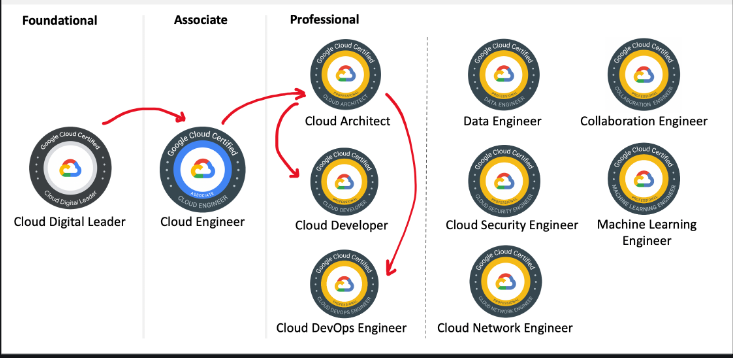
FoundationalLevel Need basics skills and workflow
- Associate
The associate-level certification focuses on the fundamental skills of deploying, monitoring, and maintaining projects on the Google Cloud Platform.
Associate Cloud Engineer
Purpose
The GCP Associate Cloud Engineer Certification is a good starting point for IT professionals who are new to the cloud and can be used as an entry point if you are planning to acquire professional-level certifications.
An Associate Cloud Engineer has the capability to deploy applications, monitor operations, and manage enterprise solutions like the Cloud Storage, Compute Engine, and Kubernetes Engine.
cost: $100-200
- Professional
GCP offers eight role-based certification exams at the professional level that assess advanced skills in design, implementation, and management.
- Professional Cloud Architect
Purpose
A Professional Cloud Architect enables teams and organizations to leverage cloud technologies with a deep understanding of cloud architecture and Google Cloud Platform. This assessment is suited for individuals who plan to design, develop, and manage robust, secure, highly available, and dynamic solutions to accomplish business objectives.
- Professional Cloud Developer
Purpose
This exam is for software developers that have proficiency with at least one general-purpose programming language and are capable of producing meaningful metrics and logs to debug and resolve code issues.
A Google Professional Cloud Developer has the ability to develop, design, test, and deploy highly scalable, available, and reliable cloud-native applications using Google-recommended practices and tools.
- Professional Data Engineer
Purpose
Business decisions nowadays are mostly driven by data. Data is everywhere and understanding how to build systems to collect, transform, and publish data is in-demand.
The cloud is growing and if you are an IT professional looking to progress your skills in the world of data, taking the GCP Professional Data Engineer certification would be suitable for you. The ability to use cloud technologies is becoming more of a requirement for any kind of data-focused role.
- Professional Cloud DevOps Engineer
Purpose
A Cloud DevOps Engineer is the one in charge of efficient development operations. These professionals are highly skilled at using GCP to build software delivery pipelines, deploy and monitor services, and manage and learn from incidents.
This role requires in-depth knowledge and experience in almost all areas of the cloud to be able to work effectively and efficiently. Their main job is to ensure efficient development operations without sacrificing delivery speed, as well as automating the development workflow.
- Professional Cloud Security Engineer
Purpose
Security management has proven to be the most challenging responsibility but a totally rewarding job for IT professionals. Knowing how to implement security practices properly and efficiently is essential for organizations, especially with the prevalence of security attacks happening online.
As a Professional Cloud Security Engineer, you will be able to help businesses and organizations design and implement a secure GCP infrastructure through your understanding of security best practices and industry security requirements.
- Professional Cloud Network Engineer
Purpose
As cloud technologies grow, it’s crucial that cloud professionals understand how to implement and manage networks on the cloud particularly since it involves a different mindset from the way we used to manage on-premise networks.
The role of a Professional Cloud Network Engineer is to implement and manage network architectures in the Google Cloud Platform. The function entails having an in-depth understanding of implementing VPCs, hybrid connectivity, network services, and security for established network architectures.
- Professional Collaboration Engineer
Purpose
A Data Collaboration Engineer looks for opportunities to educate an organization’s end users and is actively advocating the use of G Suite and Google Toolset to increase operational efficiency.
Though there is some overlap with other certification exams in terms of user management and IT security, this exam would not be necessary if your primary focus is on architecting software solutions, networking, or data engineering. Moreover, most of the G Suite options are logical and straightforward so you won’t find the exam too hard.
- Professional Machine Learning Engineer
Purpose
Machine learning enables organizations to observe large sets of data, learn patterns, and improve their own knowledge of the data to make better business decisions. To perform machine learning, you need to utilize computers to perform tasks with agility, precision, and cost-effectively.
Remember that there is a limited number of machine learning jobs in the market. Right now, there is a wide, open space with less competition for GCP Professional Machine Learning Engineers, which means that this is a great opportunity to be part of the early adopters.
- Best salary $ for Google Cloud Certified Professional
Google certifications are the best-paying in 2022 by an $11,000 margin above Amazon AWS and $46,000 above Microsoft. The average salary of technical professionals with Google certifications leading the 2022 list is $170,389.
- Best Google Cloud Certification Tutorials
DevOpsSchool.com is one of the leading institutes which provide best (GCP) certifications tutorials Do visit once to check out the Tutorials and guide
- Best Google Cloud certification Ebooks




